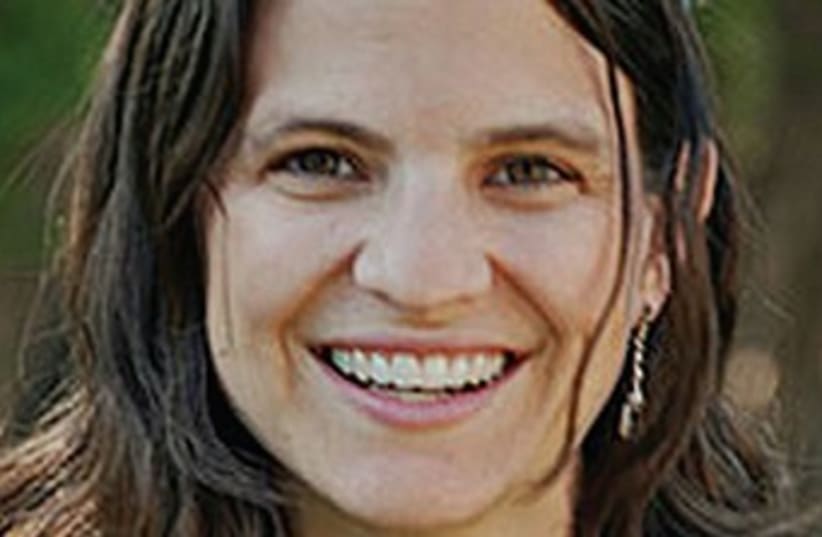I shook the hand that blessed Barack Obama
I pray that there will come a day, in the Jewish state, my state, that a Jewish leader such as Rabbi Sharon Brous, will be invited to bless and to give hope to a nation that currently oppresses and denies her the ability to freely practice Judaism.
